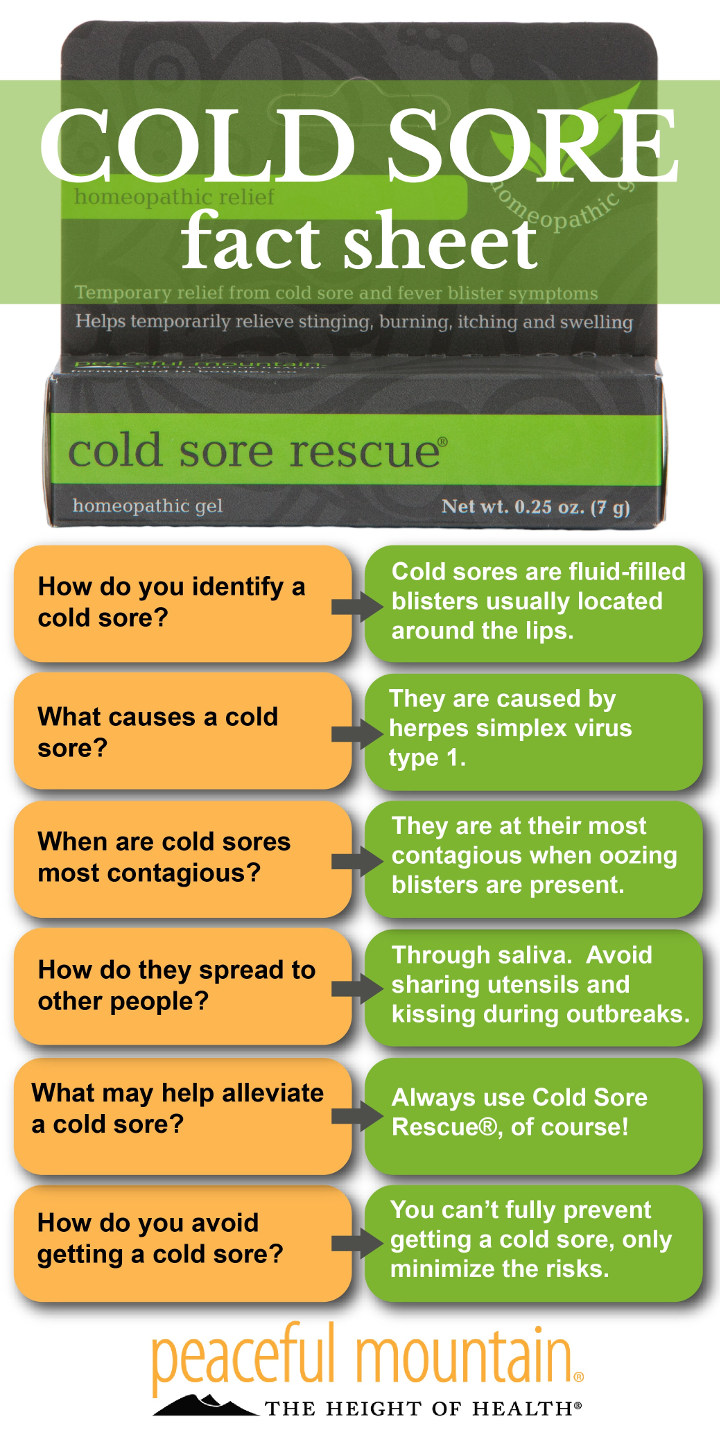 By Jana Taylor
By Jana Taylor
Do you suffer from cold sores? You are in good company. It is thought that about 90 percent of all people will get at least one cold sore in their lifetime because they have the herpes simplex virus type 1 (HSV-1) in their system. Why some people get them more often than others is not completely understood. There is some evidence suggesting that there could be a genetic predisposition to getting cold sores with certain people, but environmental factors can also contribute to an outbreak.
If you are one of the unlucky ones to experience frequent cold sore outbreaks, you no doubt are looking for ways to prevent future ones. There are some things you can do to help prevent getting a cold sore, but there is no sure-fire way to prevent all cold sores from happening. Your only option is to remain vigilant and try to reduce the frequency.
Common triggers can include:
- Eating foods with high levels of arginine
- Stress
- Fever
- Catching a cold
- Allergies
- Sunburns
- Menstruation
Granted, you can’t always avoid some of those items, but knowing what your own personal triggers are is a step in the right direction. Keeping a daily diary can help you see trends and pinpoint what was happening before an outbreak. When you find yourself with a cold sore, you are most contagious when the sores are oozing, but in reality you should treat them as if they are contagious from the moment you notice you have one forming. That means don’t share cups, utensils, towels, lip balm and definitely don’t kiss anyone!
When you have a cold sore, there are many options to care for them at home. Number one on our list is using Cold Sore Rescue®. Cold Sore Rescue is a soothing gel that you may find effective, like so many of our other customers who have tried it. Cold Sore Rescue is also a less costly and more natural alternative to other cold sore remedies sold over-the-counter. Definitely worth having on hand when the next cold sore erupts.
You can also try using aloe vera on the affected area, chilling the cold sore with ice or a cold compress, wetting the area and then applying a small amount of salt or baking soda directly on the sore with a cotton swab, and you can even apply eye drops to the cold sore to help reduce the redness.
Just like the common cold, it is unlikely there will be a cure any time soon for cold sores, so the best you can do is try to mitigate outbreaks and make sure you have Cold Sore Rescue on hand when they make their untimely appearance.
 Jana Taylor is a staff writer for Peaceful Mountain.
Jana Taylor is a staff writer for Peaceful Mountain.

 Moving away from depression
Moving away from depression